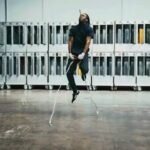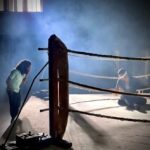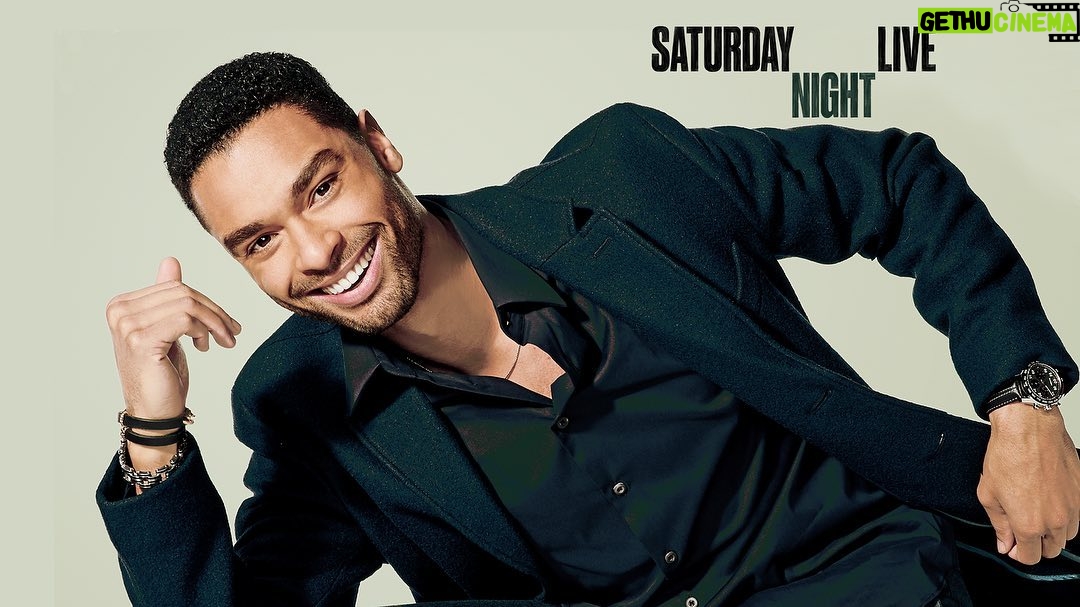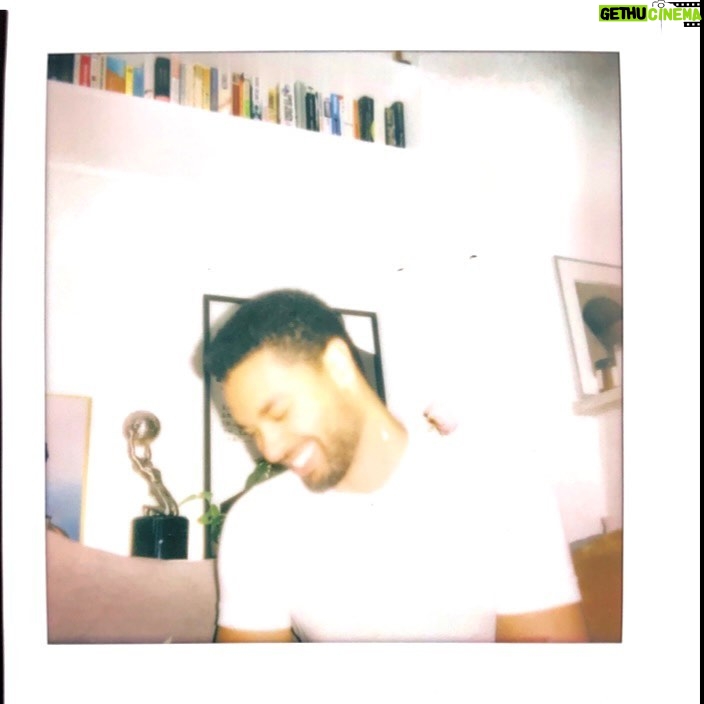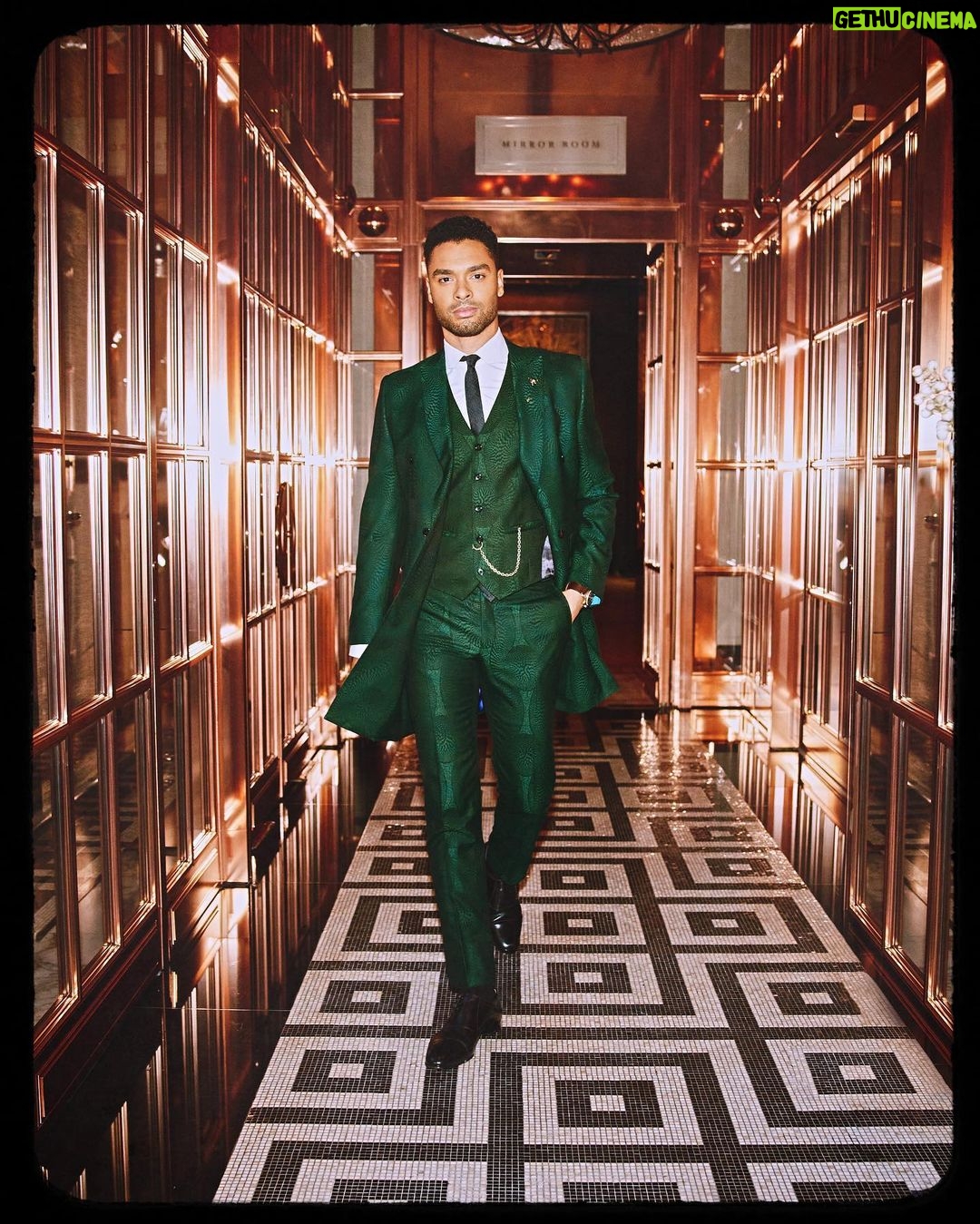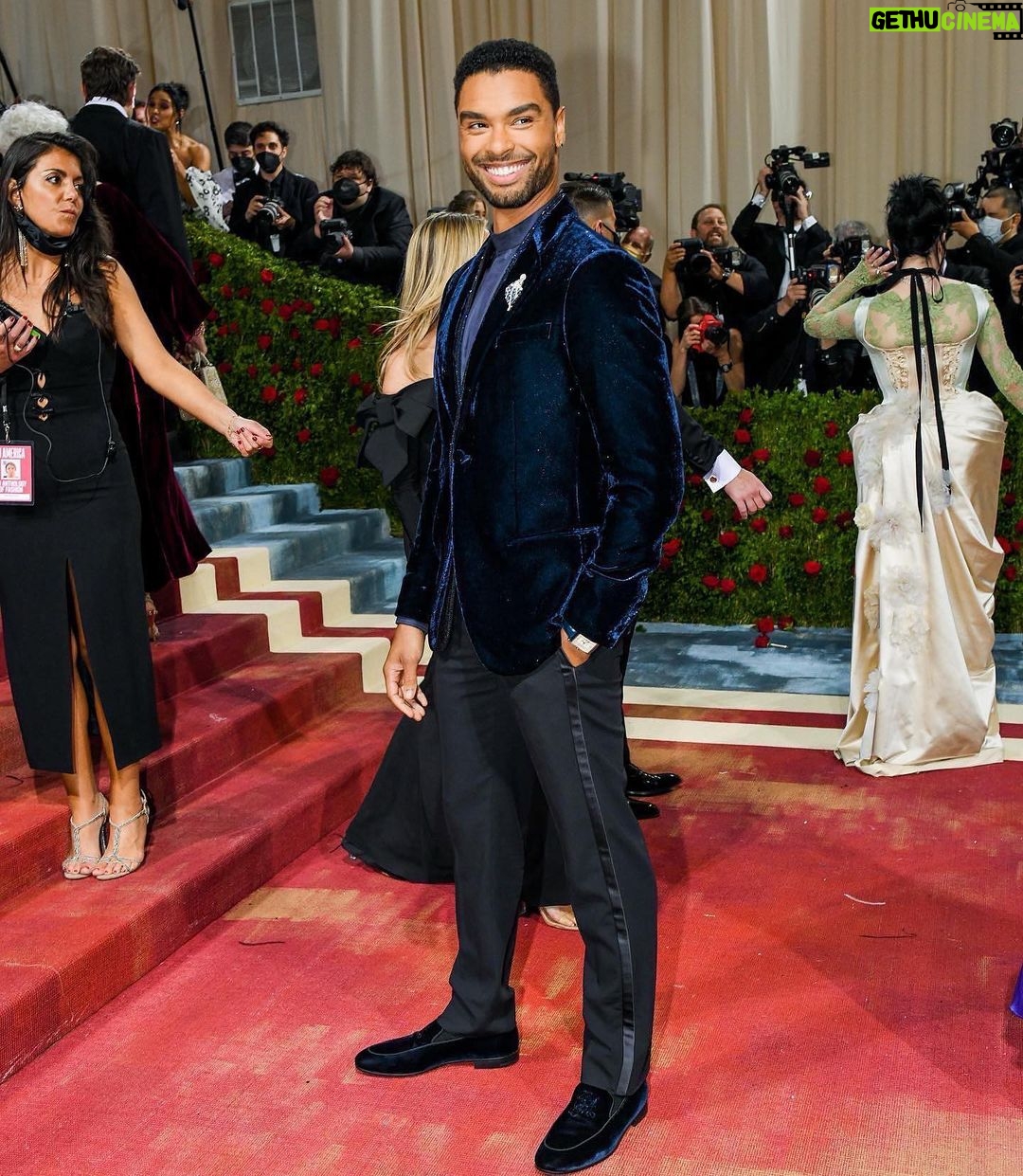Regé-Jean Page Instagram – (2/3)
A month before the death of George Floyd, I was in London and I reached out to an old colleague, Lanre Malaolu suggesting we finally got round to connecting in the way we’d put off for years and collaborate while I was grounded on a rare trip back in the UK. I had just finished this complicated sort of anthemic lullaby about love, legacy, loss – and how men particularly, deal with such vulnerabilities – with my brother (together we go by the musical pseudonym ‘TUNYA’). Lanre’s recent work exploring tenderness within Black masculinity seemed a perfect, unexpected, and exciting match to explore the themes of the music visually.
By the time of filming in August, the world had been brought to a screaming halt by the rawest, largest, and most powerful display of Black community, pain and activism since the Civil Rights movement of the 60s. A palpable sense of communal grief had dominated every conversation, on a global scale, magnified and brought to boil by the losses and fear of a world brought to its knees by COVID-19. John Lewis had died. Colston was dumped in the sea, and confederate monuments were armed battle grounds – defended by white militias and conquered by Black ballerinas. Chadwick Boseman died. I missed my dad. A world full of uncertainty lacked leadership and compassion, and each new week brought new, unresolvable heartbreak.
The core team involved in the film had been privately trying to learn how to be grieving, vulnerable, Black and publicly on display for months, and the piece grew to reflect that. The responsibility as artists to share what light and answers we’d found and contribute that back into a community fractured and isolated by social distance, thrust not only a sense of purpose on the project, but a guiding momentum. It could now only be this.
📸 @helenmurraypix | Posted on 02/Nov/2020 00:55:10


